
If Russia could be summed up in one food item, what would it be? An Olivier Salad maybe, a jar of sturgeon caviar, a warming bowl of borscht? Perhaps. But there is one item which permeates far more deeply into Russian life than anything else: dill.
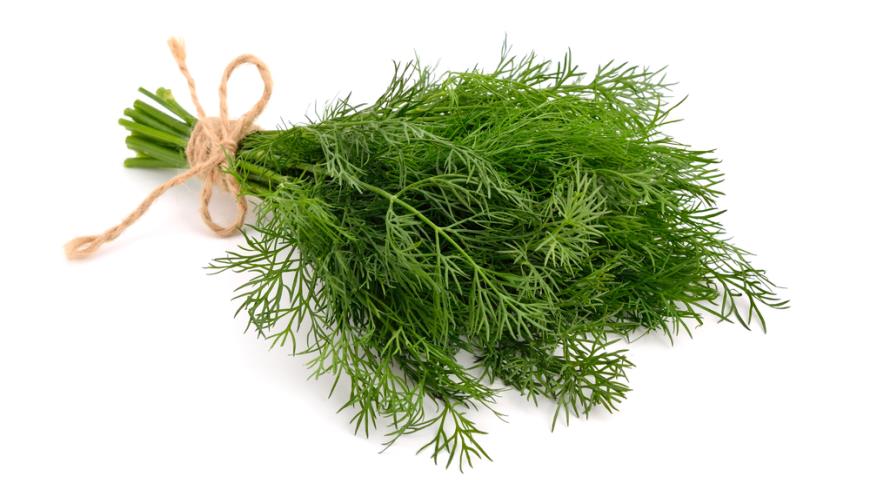
Dill. Image found at https://www.gastronom.ru/product/ukrop-905
Anyone who has been to Russia will likely have one question preying on their mind: why so much dill? The word for dill, «укроп» comes from the verb «кропить», which means ‘to sprinkle’. This is a fitting etymology, as dill is literally everywhere. Russia’s largest greenhouse provider claimed that Russians eat on average, per year, enough dill to fill a large suitcase.
When living in St Petersburg with my friends, we found that eating establishments from haute-cuisine to kebab shops adorn their food with a generous helping of dill. If we had 1 rouble for every time one of us asked ‘why is there dill on my chips/sushi/pizza?’, we could probably have opened our own dill-free restaurant.
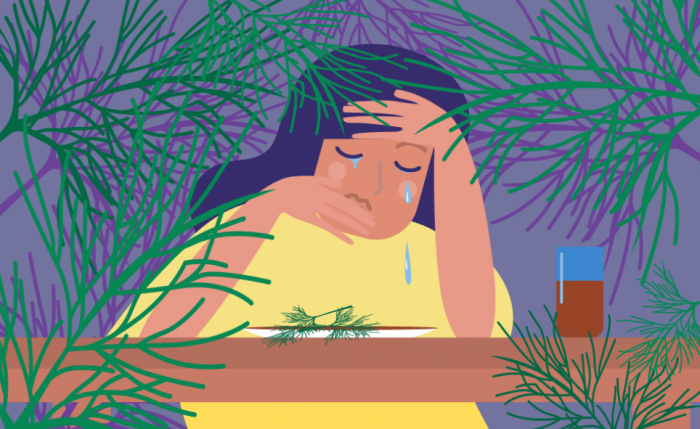
Image found at https://www.rbth.com//xpat_files/2016/11/25/dill-dill-everywhere-and-not-a-bite-to-eat_651083
The Guardian’s Moscow correspondent even created a Facebook page named ‘Dillwatch’, which describes itself thus: ‘DILLWATCH – The Dilling Fields. A group dedicated to inappropriate sightings of dill. Fighting for the reclassification of dill from herb to weed.’ Here is an article with some of the best examples.

Dill with sushi anyone???
While I don’t necessarily agree with the dill-based outrage and have become quite accustomed to green sprigs decorating my plate, the question still stands: why do Russians love it so much?
The first mention of dill was discovered on Ancient Egyptian papyrus, and sang praises of the herb’s medicinal qualities. Ancient cultures also believed that dill was an effective defense against evil spirits: the smell of the herb could ward off witchcraft and the evil eye, and dispel bad energy from a person. Ancient Greeks gave their girlfriends bouquets of dill to express their love, and Romans awarded their champions with wreaths made of dill.
Dill came to Byzantium via Ancient Rome and Greece, and was brought into medieval Russia in the 10th and 11th centuries by nomads. Initially it was grown in monasteries, where it was used to flavour food during periods of fasting. Over time, dill became widely grown all over the country.
Dill has always been part of Russian herbal remedies for its antiseptic and anti-inflammatory properties.The seeds are used to remedy coughs, insomnia, and help with breastfeeding. Broth made with dill leaves is used for stomach problems and headaches. Face-masks containing dill even help with acne.
To make your own dill remedy, add 50g of dried dill to 250ml hot water. Boil in a pan for 15 minutes, and then leave to cool for 45 minutes. Filter the mixture, and then add more water until you have 250ml of liquid. Drink 80ml before each meal.
Russians describe dill as an irreplaceable ingredient in their cooking. It is used in all forms – dried and fresh, leaves and seeds. Russians especially love fresh dill, and use it at the end of the cooking process to preserve its flavour.
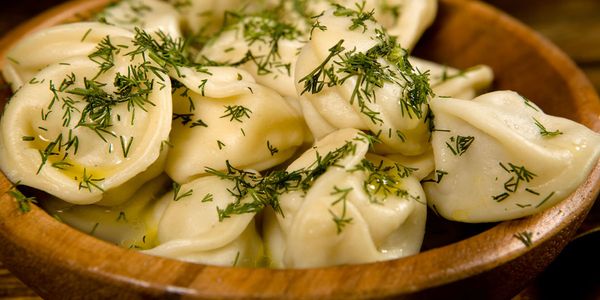
Pelmeni with dill, image found at https://nutritek.ru/general-questions/what-kind-of-dough-makes-dumplings-recipes-for-dumplings-from-classic-to-custard.html
Dill is a crucial ingredient for preserving food in jars for winter. Russians especially love «солёный огурец», a pickle preserved in brine and dill. You may be aware that a common Russian hangover remedy is to drink pickle juice. This is because of dill’s anti-inflammatory and headache-curing magic!
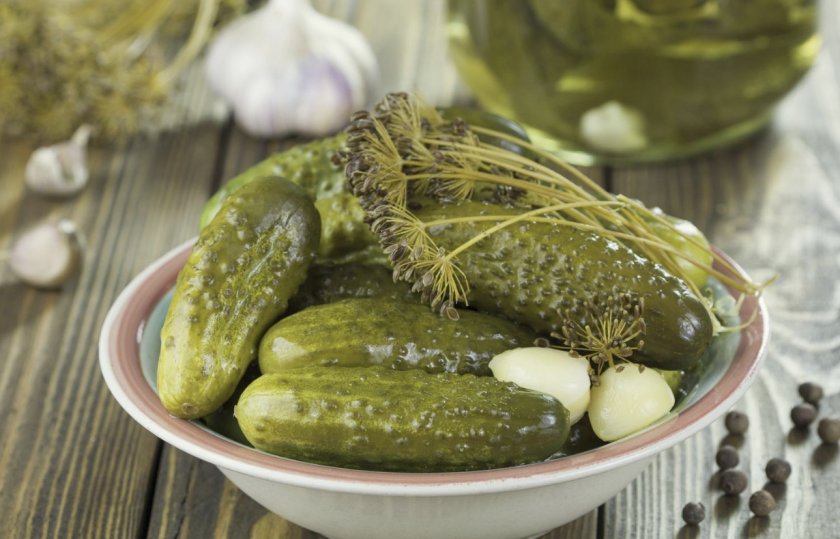
Dill pickles, image found at https://fermer.blog/bok/ogorod/ogurcy/polza-i-vred-ogurcov/189-solenye-ogurcy-polza-i-vred.html
No bowl of pelmeni or borscht is complete without a dollop of smetana and a generous sprinkling of chopped dill. A popular pie filling is potato, cheese and dill, or egg and dill. It is even possible to purchase dill-flavoured crisps, the perfect закуска to drink with your vodka and pickles.

Dill and pickle flavour crisps! Image found at https://av.ru/i/221548/
Russian people love to grow dill as it is a suitable herb for Russia’s capricious climate. During summer and autumn you will see many people on the streets selling fruit and vegetables grown at their dachas, and without fail, omnipresent feathery bunches of dill as well.

Growing dill at the dacha, image found at https://9ban.ru/poleznoye/10101-5-vazhnyh-kriteriev-kak-vyrastit-pyshnuyu-zelen-ukropa-na-dache
———————-
Although I was initially alarmed by the sight of forests of dill on my meals, I have become accustomed to, and even appreciative of, Russia’s favourite herb. I will happily eat a bowl of pelmeni garnished with sprigs of dill, and never turn down a sprinkle of dill when ordering soup at the stolovaya. I hope that you will learn to love it too, or at least understand why dill is so valued in Russian culture!
До встречи, Rachel.

Students will be happy to learn that the Russian Government has today announced plans to make Russian language easier in an effort to simplify greater international engagement. …

In a previous post, we revealed that Russians don't really say “na zdarovje” when they toast. While the phrase has been popularised in English language media – and a lot of Russians will nod politely and clink glasses with you if you use it – it’s not something a native speaker would ever…
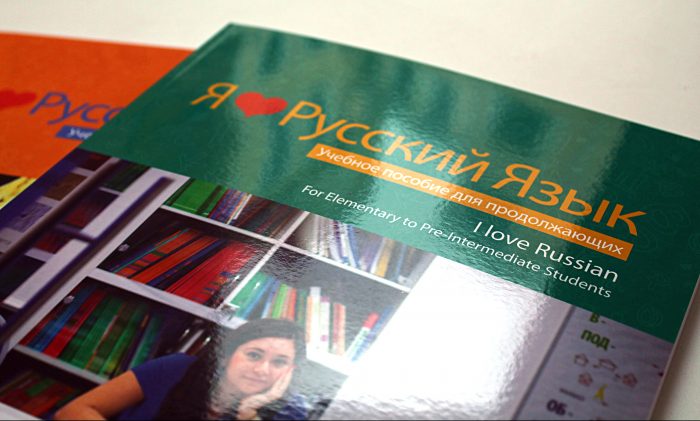
Improve your Russian while working as an expat? Mission possible! …
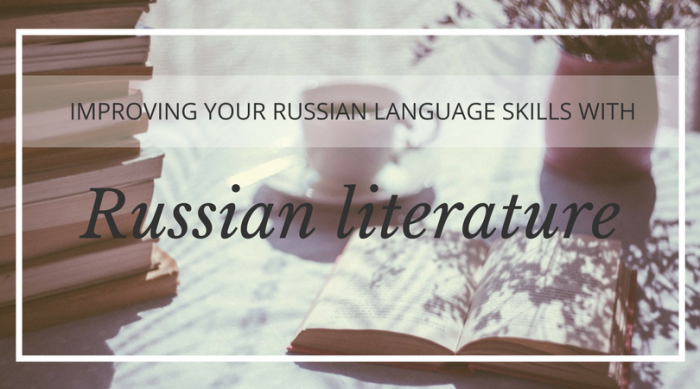
What could be a better way for Russian immersion than reading, especially when you read the books that you find interesting and that can give you a better idea of the culture of Russia? Co-founder of Liden & Denz, Walter Denz shares his experience on how reading Russian literature can improve your…
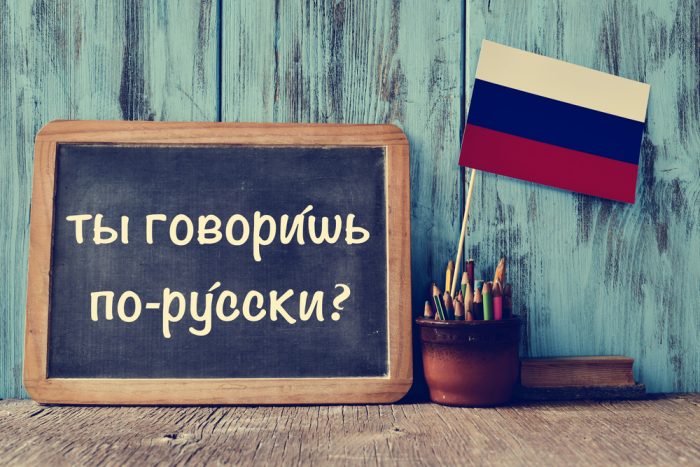
Learning a language is hard. Keeping it when you don't have classes is even harder. So this article is not about how to learn Russian, but how to maintain your Russian. …
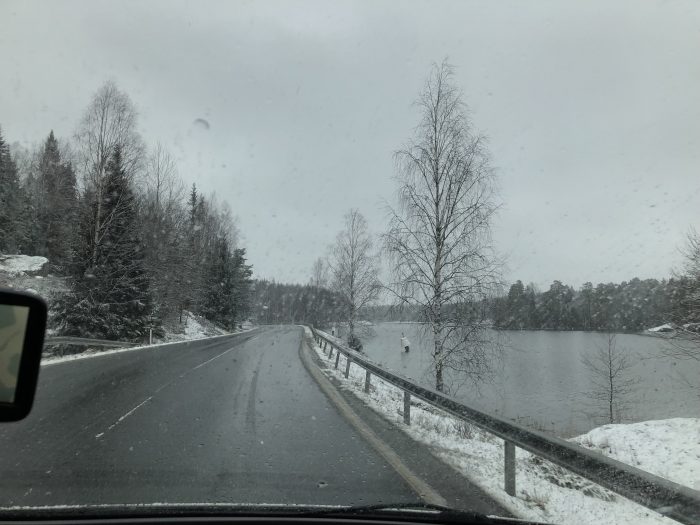
I love Russia. I have been living in St. Petersburg for almost two months, and after travelling all around the world it feels like I have finally found a place where I would see myself settling down. The inexorable beauty of the streets, the architecture, the importance of art and culture, the water…

Oh, the Russians! I was recently watching the last season of Stranger Things and, to my surprise, Russians are quite present there. For those of you who might not be familiar with the TV series, it is set on an American town during the 80s. And what do we recall from those times? The unique fashion…
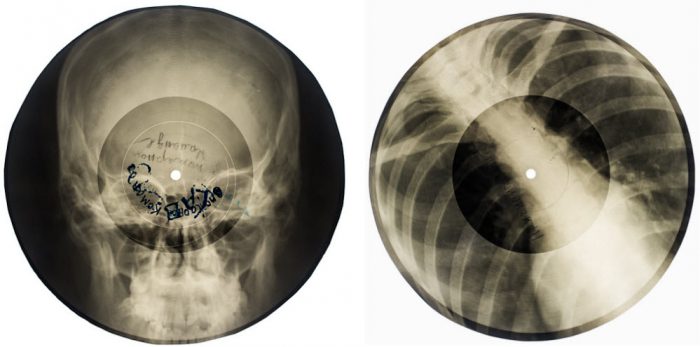
In an attempt to improve my Russian skills, I decided to start watching a TV series in Russian. After thorough research, the result of which you can read on my post about how to learn Russian with Netflix, I decided I would start watching Fartsa. I am no sure of how much Russian I am learning thanks…